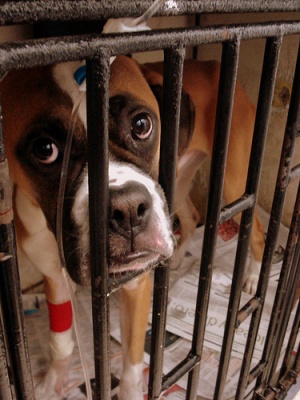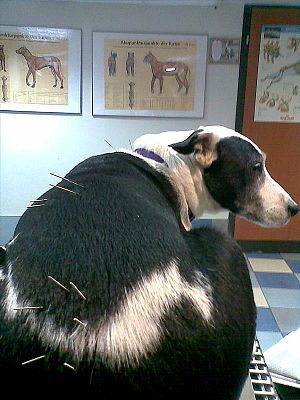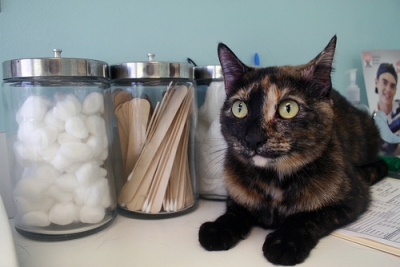
When you bring home a very young or an older pet and don’t know if they’ve had their vaccinations, you should make sure they have the necessary protection. Vaccinations are a must at this time. But do our pets need annual vaccinations? The current recommendations say no.
This doesn’t mean that a bi-annual or annual veterinary visit isn’t necessary. You want to maintain your pet’s good health and checkups are very important. Early diagnosis of a disease can prevent further spread and even increase chances of a cure.
There is a blood test available to measure antibodies present for some vaccines. It is called a Titer test and can usually determine which if any vaccines are necessary for your pet.
It may be a waste to vaccinate a pet that is protected. Recent and ongoing studies have shown that vaccinating a pet that is adequately immunized may contribute to diseases such as cancer and can put your pet at risk of unwanted reactions.
If the titer indicates low or no antibodies, only vaccinate for the low titer. It isn’t necessary to include all the vaccines. Never vaccinate a pet that is ill. His immune system is already compromised and you don’t want to add to that.
It should be noted that a low titer doesn’t always mean that your pet’s immune system won’t kick in to fight a disease or that your pet doesn’t have immunity. Your veterinarian is the best person to determine your pet’s needs; knowing the level of antibodies will help.
The immune system develops a memory of each disease it fights. If the disease shows up again, the immune system can recognize it and try to destroy it. Keeping your pet healthy with good quality food, vitamins and supplements and exercise aids the immune system in battling disease.
Rabies vaccinations are determined by State and country law regardless of antibody levels.
Titer tests are available for the following pets and diseases:
Dogs – Rabies, Parvovirus, Distemper
Cats – Feline Panleukopenia, Calicivirus, Rhinotracheitis (FIV, FIP and Leukemia usually show the disease is present)
Horses – Equine Arteritis Virus, Potomac Horse Fever Virus, Rabies, West Nile Virus, Equine Encephalitis Virus. (Herpes Virus and Influenza Virus titers are of little value as the vaccines are short-lived)
Today’s protocol calls for puppies and kittens to be vaccinated and then re-vaccinated the following year. Following those vaccinations, if you choose, titers can be done yearly. There are places that require up-to-date vaccinations such as doggie daycare, boarding places, when traveling, hotels. You can check what vaccinations are necessary for these places.
Following is a statement from the American Veterinary Medical Association (AVMA) regarding vaccinations.
“Vaccination is a potent medical procedure with both risks and benefits. While there is evidence that some vaccines provide immunity beyond one year, revaccination of patients with sufficient immunity does not necessarily add to their disease protection and may increase the potential risk of post-vaccination adverse events.
“Adverse events may be associated with the antigen, adjuvant, carrier, preservative or a combination thereof.
“Possible adverse events include, but are not necessarily limited to:
failure to immunize
anaphylaxis
immuno-suppression
autoimmune disorders
transient infections
long-term infected carrier states
local development of tumors”
Always consult your veterinarian before making any changes in your pet’s life, whether it be food, exercise, training or vaccinations.
Video



